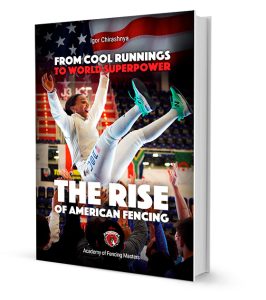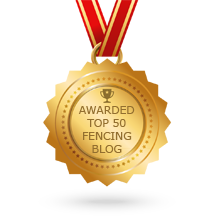
Attention is basically the action of fixating the mind on some activity or some event. And when I say fixating the mind, it means being able to carefully listen and watch, and be in constant and instant awareness of everything happening in the event of interest. Driving is a fantastic example, right? You’re fixing your mind on the road, and you’re constantly aware of everything that happens near you—whether it’s other cars, pedestrians, traffic signs, a policeman, any obstacles on the road like potholes or objects, animals, whatever it is.
You are constantly watching, you’re constantly listening to what happens. You are in a driving mind zone, where not only you’re aware of what is going on around you, but—because of that—you can essentially predict what will happen in the next moment, because you catch some subtle cues from the surrounding that allows you to predict. You see the body language of a pedestrian, showing that he or she is about to cross. A car starts to do a change of lane, or use their signal. The traffic light turns from green to yellow.
So: Attention is the action of fixing your mind on something by carefully listening and watching, and being constantly and instantly aware of everything that happens around you. And, because of that, being able to predict the next moment.
Similar things happen on the fencing strip. You take some from the other fencer, from your opponent—if they stop moving their arm forward, if they attack, if they take a step back—you are constantly aware of what’s happening with them. And it happens very, very fast. So you fixate your mind on them, and you predict, based on all the cues you take from that moment, what will happen next.
Fencing is, in a way, similar to chess—but in fast motion. They say that fencing is chess at 90 miles per hour! During a chess game, you really need to anticipate the moves of your opponent. You need to calculate different outcomes. What if you move the pawn or the queen to this position? What will be the reaction and outcome of your opponent’s move? This is similar to fencing. You try to predict the movement of your opponent. At a more advanced level, you actually try to force your partner into moves that you want them to do. In that sense, fencing is kind of chess.
As we train in fencing, we learn to almost see the match in slow motion. We call it “being in the zone,” as in many other sports. I’ll tell you what I mean. We, as human beings, have a wide attention spectrum. Normally, we’re all aware about things in our peripheral vision, and in our hearing; we’re all aware about things that are happening around us. But being in the zone, from my perspective, means that I am able to filter out all things that are irrelevant. I don’t really see or register these non relevant events. That means that one hundred percent of my attention is focused on one task, and one task only: beating my opponent. And when I do that, I can register many more hints, many more clues from him, and predict much more. Because I don’t spend it on any other thoughts. I don’t spend my attention on any other stimulants.
If you want to bring this level of attention to everyday life, consider these words from the Russian Olympic champion foil fencer, Inna Deriglazova. The interviewer asked her if something she learned in fencing can be applied to everyday life. The interviewer jokingly asked if, because fencers deal with sharp weapons, if it helps them to cut vegetables faster. Inna said, “No, it doesn’t help me cut vegetables faster. But it does help me be much more attentive on the road. I can see much better and much more clearly, and predict what’s happening around me than an average driver.”
And the reason is because in fencing, we need to be in constant attention— otherwise, in a split second, you will get a hit. We condition our minds to work much faster. We can move our attention much more effectively, and be much more focused on anything we want.
This quality of attention is much more important than in swimming or in running. You still need attention—you will try to go faster, to breathe deeper. But what you do doesn’t change anything that your opponent does. In fencing, it does. A split second wrong decision, or a split second of inactivity, can cost you the match.
The mind is, in my opinion, another muscle. We train it, and train it, and train it. Just like weightlifters who can lift 500 pounds. They train their muscles, so when they go back to regular life, they can pick up quite heavy things that a normal person will not be able to lift. In the same way, fencers train our brains in a way that allows us to bring our focus fully to the task at hand.
———-
This interview is excerpted from The Nine Gifts: A First Aid Kit for Mind, Body and Spirit, © 2020 by Christine Marie Mason with Jeff Greenwald. All rights reserved. To purchase a copy, please visit https://xtinem.com/books/the-nine-gifts/#preorder
The Nine Gifts is a field guide for flourishing, filled with strategies for tapping into the natural upliftments built into our human biology- an inner “first aid kit” of simple and instantaneous ways we can shift, and lift, our state of being. It’s filled with gems of wisdom, artistry, and playful exercises that the authors have written or collected from highly activated people around the world.




0 Comments